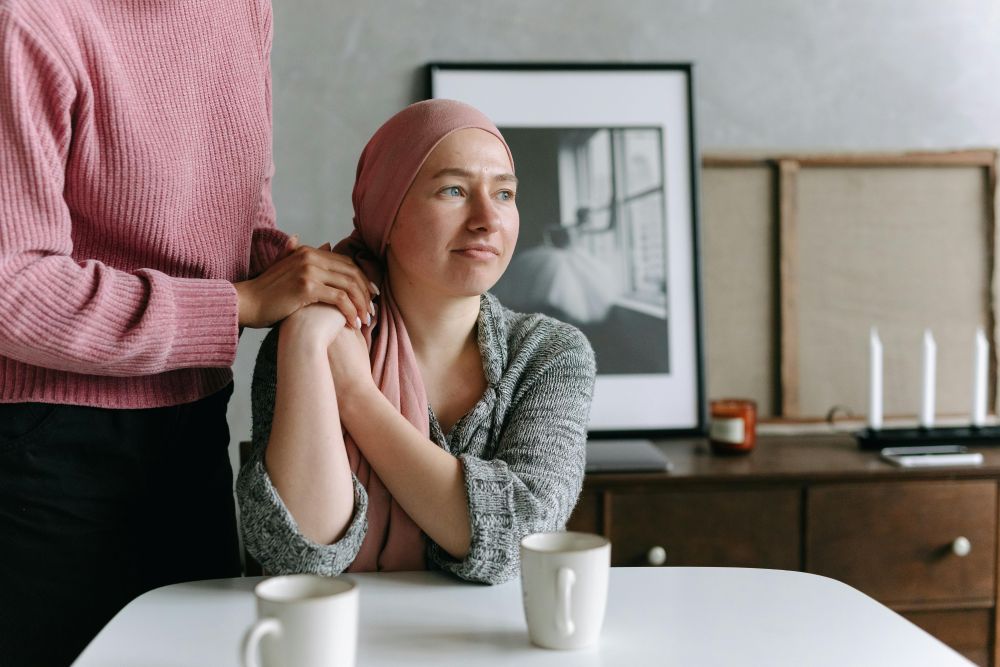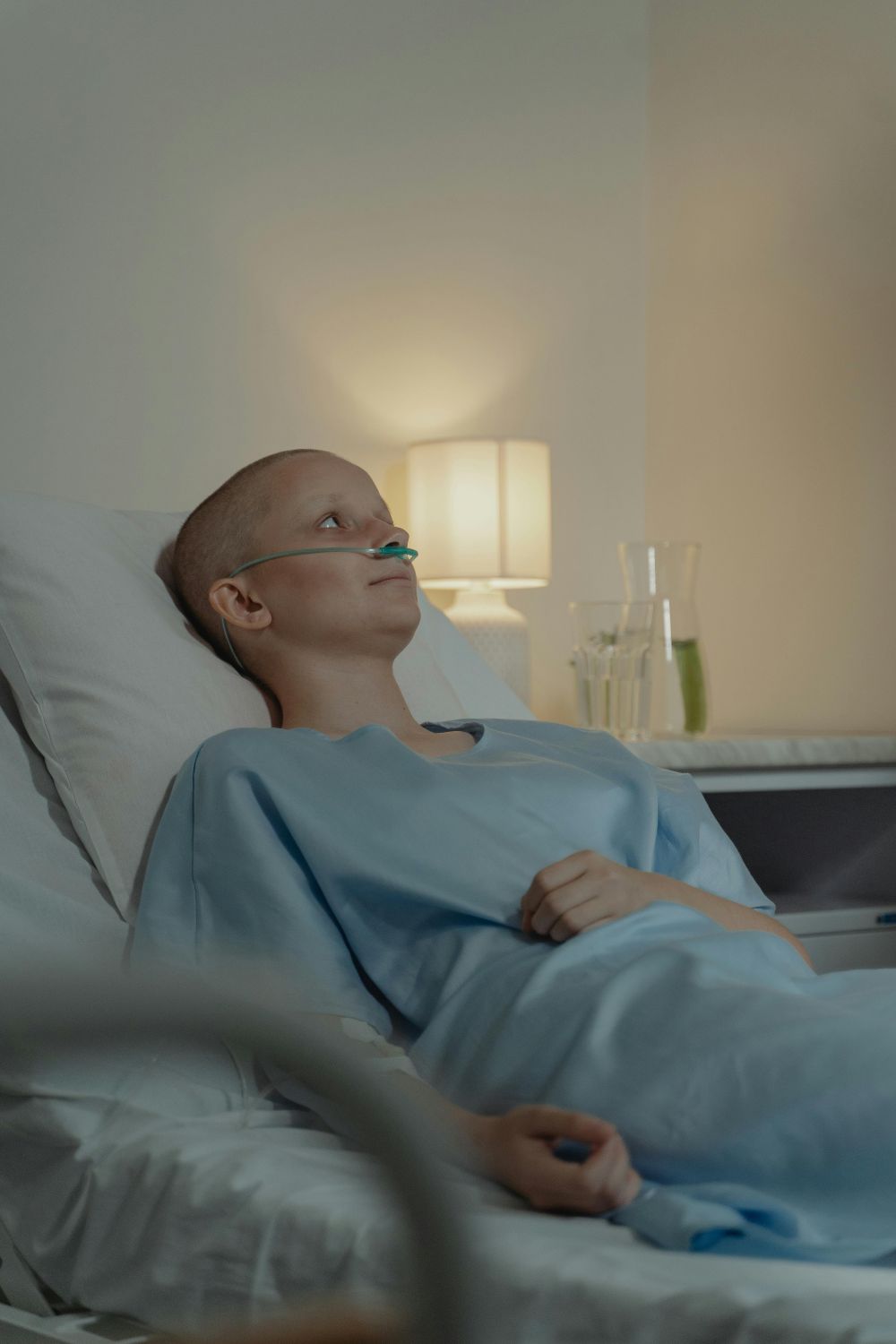Rural cancer patients often travel across state lines due to limited local care.
Many rural cancer patients end up driving long distances to get the cancer treatment they need. A recent study showed that about 7 out of every 100 people on Medicare travel outside their home state for care. When looking at folks in rural areas, that number gets even higher—closer to double. These patients often don’t have local options for the kind of surgeries, radiation treatments, or chemotherapy that doctors recommend. So, they hit the road—sometimes for hours or even days—to reach the nearest clinic or hospital that offers the right kind of help.
The researchers looked at over a million people on Medicare. That’s the government program that mostly covers people 65 and older. They broke the numbers down by the kind of treatment patients were getting. For surgery, over 8% went out of state. For radiation, nearly 7%. For chemo, just over 5%. And again, the percentages were much higher for people who live in small towns or rural areas. That means thousands of people are crossing state lines to deal with one of the most serious health problems out there.
Now, driving to another state isn’t just a quick errand. Cancer care usually isn’t one-and-done. People often need multiple appointments, tests, and follow-ups. So, if you’re living hours away from the nearest specialist, that adds a lot of stress, time, and money on top of an already heavy situation. Think of all the people who have to take time off work, arrange rides, or stay in hotels just to make sure they get treated.

Telehealth, or visiting with doctors through video or phone calls, has gotten a lot more popular since the COVID pandemic. It’s helped patients talk to doctors without having to leave home. But there are limits, especially when state laws come into play. Right now, if a doctor is licensed in Utah, that doesn’t always mean they’re allowed to treat a patient who lives across the border in Idaho or Nevada—even if they’re just doing a video check-in. That’s because each state controls its own medical licenses. Some states let doctors practice across state lines, but others don’t, and that creates a real problem for patients in rural places.
The researchers behind the study say we could fix some of this by changing the rules. They’re not suggesting surgeons should start doing operations over Zoom. But a lot of the work doctors do—checking on recovery, looking at test results, helping manage side effects—can be done remotely. That kind of care would save patients from making extra trips when it isn’t really necessary. Especially for people already dealing with cancer, fewer trips mean less stress.
Places like the Huntsman Cancer Institute, which serves rural cancer patients across five mostly remote states, know this problem well. Their doctors often treat people who’ve come from hours away. They’re pushing for changes in how medical licensing works, so doctors can legally follow up with patients no matter where they live. This would make care more fair and easier to access for people living outside cities.
At the end of the day, the goal is simple: give everyone, no matter where they live, the chance to get the care they need without jumping through hoops. If someone in a small town has cancer, they shouldn’t be at a disadvantage just because they don’t live near a big hospital. Remote care, better policies, and fewer restrictions could help make sure no one gets left behind.
Sources:
Study: Rural cancer patients cross state lines for specialized care
Cross-State Travel for Cancer Care and Implications for Telehealth Reciprocity


Join the conversation!